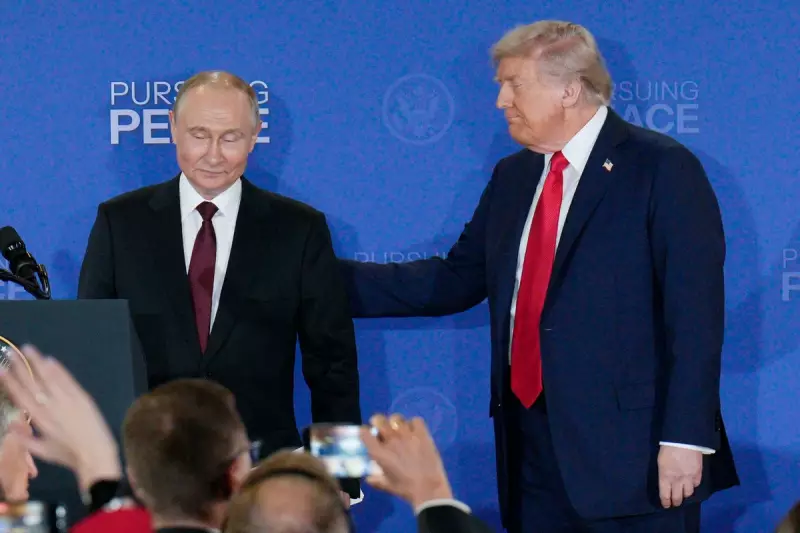
Ukrainian air defence forces demonstrated remarkable efficiency overnight, successfully destroying 22 out of 24 Russian-launched Shahed attack drones in a significant defensive operation. The assault, which targeted critical energy infrastructure across multiple regions, represents Moscow's continued strategy to cripple Ukraine's power grid as winter approaches.
Strategic Energy Infrastructure Under Fire
The Russian drones primarily focused on energy facilities in the southeastern Zaporizhzhia region and the western Lviv oblast, near Ukraine's border with Poland. This coordinated attack follows a pattern of targeting Ukraine's energy sector, which has suffered extensive damage since the conflict's escalation in 2022.
Ukrenergo, Ukraine's national energy company, reported damage to equipment in both regions but confirmed that "energy workers are already working to eliminate the consequences of the attack". The company emphasized their teams' resilience in maintaining stable operations despite repeated assaults on critical infrastructure.
Crimea Reports Drone Incursions
Meanwhile, Moscow-installed officials in Sevastopol, Crimea, reported detecting and destroying multiple drones over the port city. Mikhail Razvozhayev, the Russian-appointed governor, stated that at least six drones were neutralised, with preliminary reports indicating no casualties or significant damage.
This exchange highlights the increasingly frequent drone warfare tactics employed by both sides, with Ukraine demonstrating growing capability in both defensive operations and offensive strikes against Russian-occupied territories.
International Political Fallout
The military developments coincide with concerning political statements from former US President Donald Trump, who suggested he would "encourage" Russia to attack NATO allies failing to meet defence spending targets. This remark has sparked alarm among Western leaders already concerned about maintaining united support for Ukraine.
NATO Secretary-General Jens Stoltenberg responded firmly, stating such comments "put American and European soldiers at increased risk". The alliance continues to emphasize its collective defence commitment under Article 5, which considers an attack on one member as an attack on all.
Humanitarian and Diplomatic Dimensions
As the conflict approaches its two-year mark, Ukrainian President Volodymyr Zelensky continues his diplomatic efforts, recently meeting with European Commission President Ursula von der Leyen to discuss military support and Ukraine's EU membership aspirations.
The human cost remains staggering, with both sides reporting civilian casualties in recent attacks. The international community watches anxiously as the conflict shows no signs of abating, with drone warfare becoming an increasingly central component of both offensive and defensive strategies.





